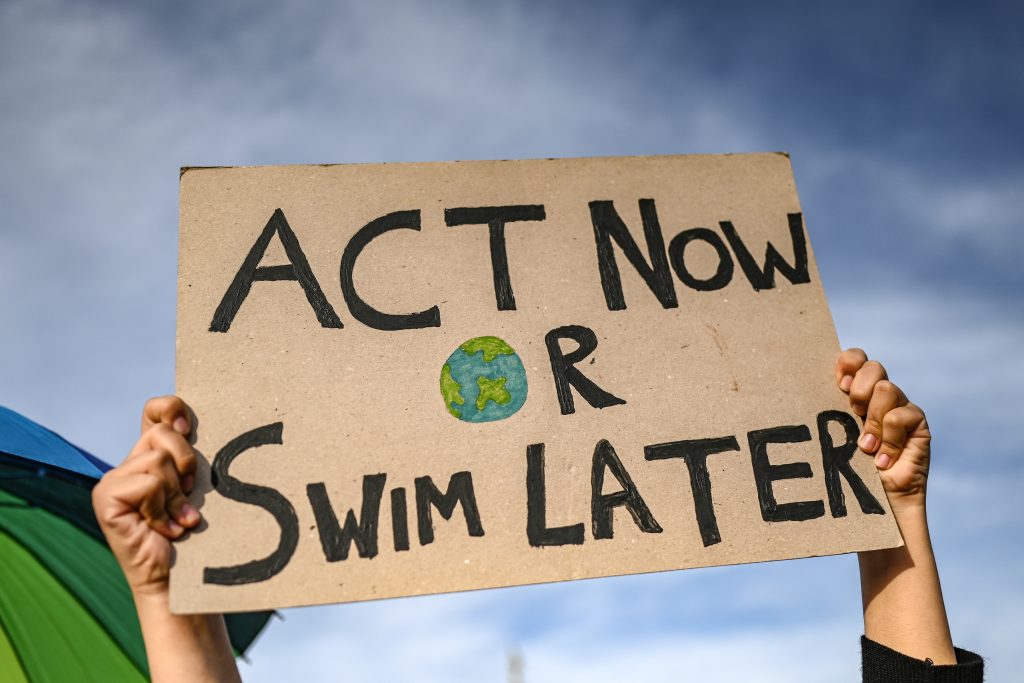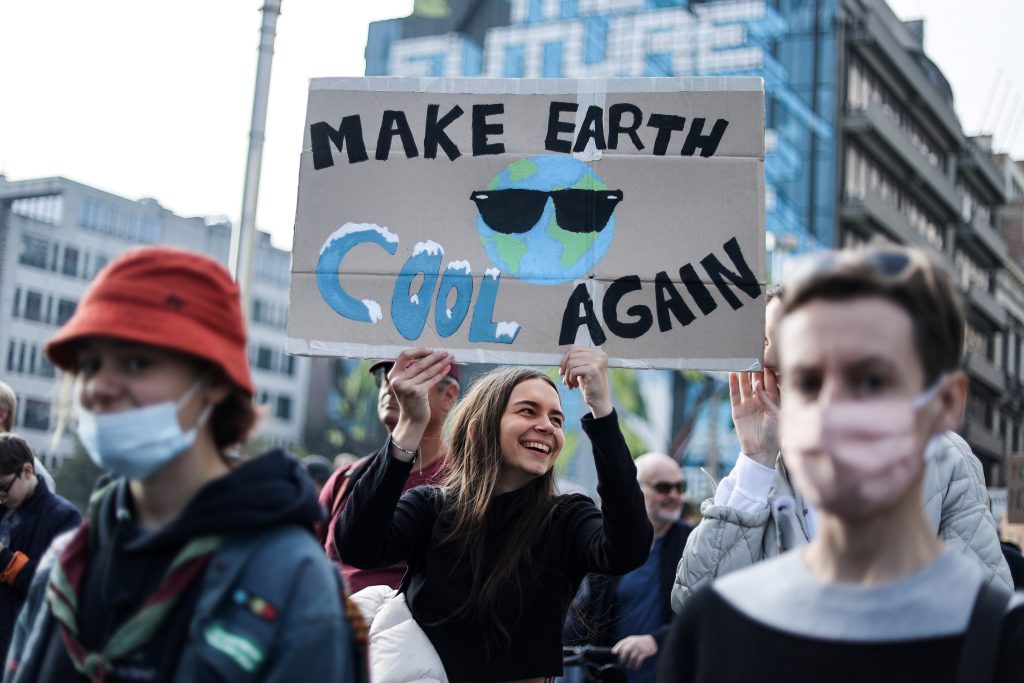
Ahead of the start of climate talks in Glasgow on Sunday, Greenpeace Philippines called on the country’s delegation to champion climate justice, and to push for accountability from big polluters and an urgent fossil fuel phaseout.
“Beyond speeches, we believe the Philippines must also take leadership in calling out big polluters — particularly corporations most responsible for the climate crisis — accountable,” said Greenpeace Philippines campaigner Virginia Benosa-Llorin.
“Urgent climate action is imperative and this call for justice must be made alongside a firm demand for the urgent phaseout of the fossil fuel industry,” she added.
The climate conference comes just a few months after the release of the latest report by the Intergovernmental Panel on Climate Change, which says the world needs to make immediate, dramatic and consistent emissions reductions to create the urgent and necessary change to contain the climate crisis.
Concretely, according to Greenpeace, this means the world needs to reduce emissions by 50% by 2030 and reach zero by 2050 in order to prevent the worst impacts of the climate crisis.
The Glasgow Conference of Parties (COP) is the most significant global climate conference since the Paris COP in 2015, when most nations finally committed to ensuring a safe, stable climate by keeping temperature rises within 1.5C.
COP26 is the deadline for governments to submit their plans to cut their emissions to stay under the 1.5C warning. “However, current commitments are not enough,” said Greenpeace.
The latest UN report update synthesizing country pledges shows that with the current level of commitments, a 16% increase in emissions will happen by 2030 compared to 2010 levels, which in turn may lead to a 2.7C rise in global temperatures by the end of the century.

The Philippines submitted its pledge, or its Nationally Determined Contribution (NDC) last April, vowing to reduce emissions by 75% by 2030.
However, most of the 75% is conditional, through external assistance, and only a mere 2.71% will be reduced unconditionally.
“The Philippines climate leadership needs to be more than lip service,” said Llorin.
She said Greenpeace believes that the Philippines “can do more and must also take the high ground in mitigating climate emissions.”
“In reality, the country’s current energy plans are still fossil fuel-heavy, and the government has yet to lay down a clear pathway to an urgent and just transition to renewables,” she said.
Greenpeace called on the Philippine delegation to reject plans to open a global market in carbon offsets, which is expected to be discussed at the meeting.
Greenpeace maintains that carbon offsetting is a greenwashing scam promoted by big polluters in order to continue business-as-usual—and delay taking necessary and urgent steps to enable an energy transition.
“We hope to see a strong position brought in by the Philippine delegation to Glasgow — but we also need this to be supported by genuine climate action back home,” said Llorin in a statement.
She said the administration of President Rodrigo Duterte “still has time to put in place green recovery measures from COVID 19, strengthen the coal moratorium announcement by actual cancellations of planned coal facilities, aim for 50% RE by 2030, and protect and restore ecosystems to build resilience.”
Source: Licas Philippines
0 Comments